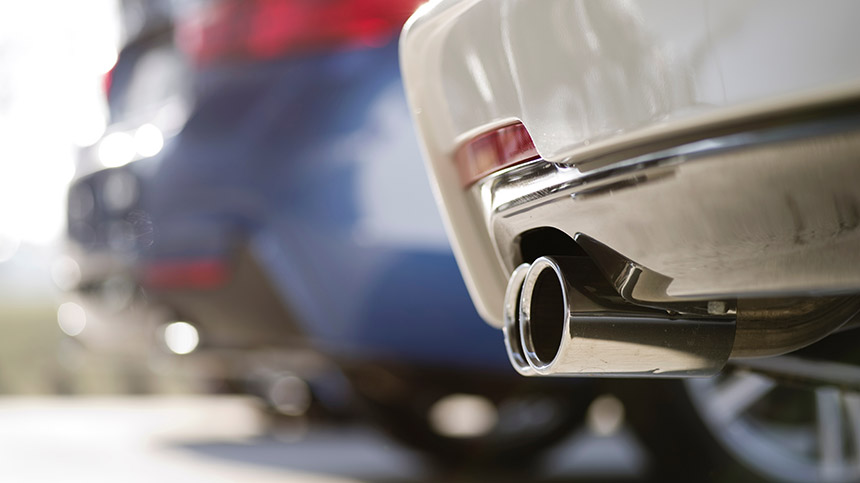UK fleets demand clarity around 2030 ICE ban

UK fleets are calling for clarity from the government around the proposed 2030 ban on the sale of new petrol and diesel vehicles.
The Labour party has pledged to reinstate the 2030 ban for internal combustion engine cars. However, it has not confirmed whether this will also apply to vans.
The British Vehicle & Rental Association (BVRLA) has now said the 2030 deadline is unachievable and shared its concerns with the Department for Transport ahead of a consultation on the issue expected to begin later this month.
Gerry Keaney, BVRLA CEO, said:
“The ZEV mandate timetable and 2030 Phase Out target for cars present a major risk unless we see much greater government support to stimulate new and used BEV demand and better charging infrastructure. When it comes to electric van adoption, the lack of suitable BEV LCV product in – or about to hit – the UK market means the fleet sector will not be able to reach a 2030 Phase Out target.”
UK fleets
Meanwhile, FleetCheck believes this uncertainty is creating an ‘impossible’ situation for fleet managers.
Peter Golding, managing director at the UK fleets software specialist, said: “While electric car adoption by fleets has generally been a considerable success and the 2030 phase-out is absolutely viable, almost the opposite is true of electric vans. Compromises over range, payload and charging times mean that fleet sales of new electric vans are struggling to rise above five per cent and there appears to be limited prospects of this changing dramatically unless that is some kind of unforeseen paradigm shift.”
He continued: “Fleets are looking at the ZEV Mandate – which will see electric van production rise from 10% of sales this year to 70% by 2030 – alongside the potential 2030 production ban, and they just can’t foresee how the situation is going to be resolved.
“This is not a scenario where fleets are against zero emissions vehicles, but they believe that the electric vans on offer currently are simply not fit for their needs. For many fleets, 2030 is less than one typical van replacement cycle away, and the lack of certainty is leaving them in an almost impossible situation.”








